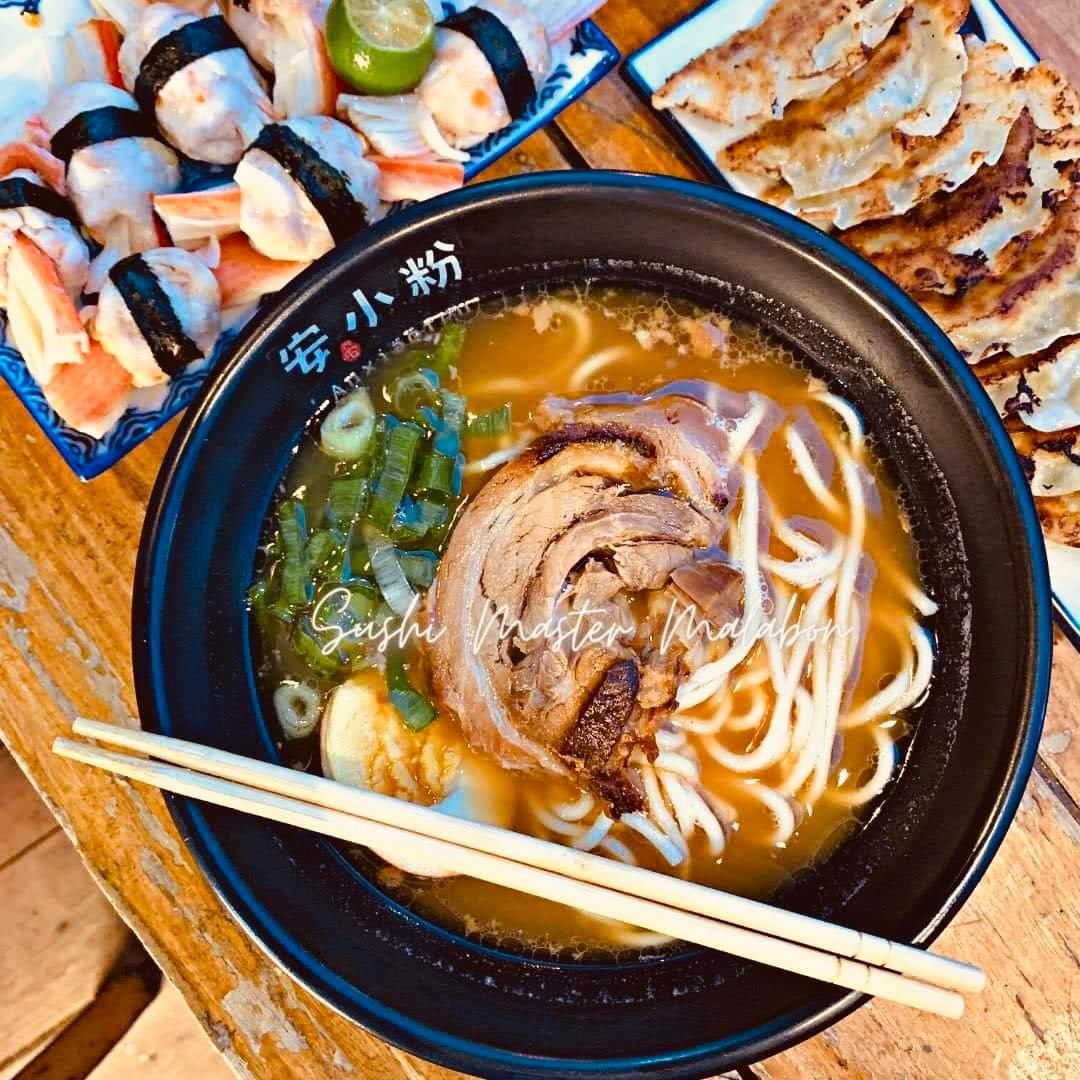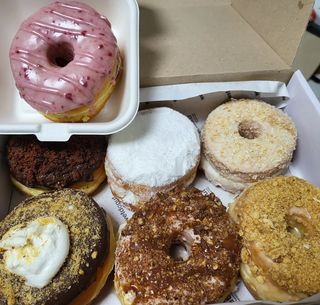For millions of people around the world, coffee isn’t just a drink—it’s a ritual, a comfort, and sometimes a survival tool. That first sip in the morning feels like magic. But for some, that same cup of coffee quickly turns into a dash to the bathroom.
If you’ve ever wondered, “Why does coffee give me diarrhea?”—you’re not alone. Coffee has natural properties that affect the digestive system, and while it doesn’t bother everyone, some people are more sensitive. The good news is that you don’t have to quit coffee completely. By understanding the causes and making smart adjustments, you can keep your favorite morning ritual without the unwanted side effects.
Why Coffee Can Trigger Diarrhea
Coffee is known as a natural laxative for a reason. Here’s why it may be affecting you:
- Caffeine stimulation
- Caffeine activates the muscles in your colon and speeds up bowel contractions.
- For sensitive guts, this “boost” can lead to diarrhea instead of a gentle nudge.
- Acidity of coffee
- Coffee is naturally acidic, which can irritate your stomach lining and intestines.
- Acidity also increases gastric acid production, sometimes causing cramping or loose stools.
- Additives and extras
- Cream, milk, or half-and-half can be a problem for those who are lactose intolerant.
- Artificial sweeteners like sorbitol, mannitol, or sucralose are known to cause digestive upset.
- Drinking coffee on an empty stomach
- Without food as a buffer, coffee’s acids and caffeine hit harder, making your digestive system overreact.
- Underlying sensitivities
- Conditions like IBS (Irritable Bowel Syndrome), lactose intolerance, or food sensitivities can make your gut more reactive to coffee.
✅ Practical Ways to Stop Coffee-Induced Diarrhea
The solution isn’t always to quit coffee—it’s about finding the right balance. Here’s how to keep enjoying your brew without the bathroom dash:
1. Pick the Right Coffee
- Go for low-acid or “stomach-friendly” blends, often labeled specifically for sensitive stomachs.
- Choose dark roasts—they’re typically less acidic than light roasts.
- Try cold brew: brewed slowly in cold water, it’s up to 65% less acidic than hot-brewed coffee.
2. Control Your Caffeine Intake
- If you’re drinking multiple cups, cut down to one or two.
- Switch to half-caf (half regular, half decaf) for a gentler effect.
- Try decaf coffee—while it still contains small amounts of caffeine, it’s far less likely to overstimulate your gut.
3. Don’t Drink Coffee on an Empty Stomach
Food slows digestion and helps neutralize acidity. Pair your coffee with:
- A balanced breakfast: oatmeal, whole-grain toast, eggs, or avocado.
- Quick snacks: bananas, yogurt, or nuts.
4. Be Mindful of Additives
- If you suspect dairy, switch to lactose-free or plant-based milk (oat, soy, almond).
- Avoid artificial sweeteners, which can act as laxatives.
- Keep it simple—sometimes just black coffee or coffee with a splash of milk is easier on digestion.
Read More: How to Open a Coffee House
5. Stay Hydrated
Caffeine is mildly dehydrating, and diarrhea worsens fluid loss. Balance it out:
- For every cup of coffee, drink a glass of water.
- This not only helps digestion but also keeps you feeling more energetic.
Know About: How to Remove Coffee from Clothes
6. Experiment With Timing
If morning coffee always leads to trouble, try:
- Having it after your first meal.
- Shifting your coffee to mid-morning instead of right after waking up.
Also Know: How to Use the Krups Coffee Maker
7. Try Alternatives When Needed
- Green tea or matcha: gentler caffeine boost with antioxidants.
- Herbal coffee substitutes (like chicory coffee): similar flavor without caffeine.
More About: How to Stop Coffee from Staining Your Teeth
🚨 When to Seek Medical Help
Occasional bathroom trips after coffee aren’t usually serious. But if you notice:
- Diarrhea happening daily
- Symptoms like blood, severe cramps, or weight loss
- Ongoing digestive discomfort despite changes
…then it’s time to consult a doctor. You may have IBS, food intolerances, or other digestive conditions that need attention.
Checkout: How to Make Different Coffees
🌟 Final Thoughts: You Don’t Have to Quit Coffee
Coffee may cause diarrhea for some, but it doesn’t have to mean the end of your coffee journey. With the right adjustments—choosing low-acid blends, moderating caffeine, adding food, and avoiding problem additives—you can still enjoy your daily brew comfortably.
The key is listening to your body. Everyone’s digestive system is different, so experiment until you find what works for you. That way, you can sip your latte or cold brew with confidence—minus the bathroom drama.
FAQ’s About Coffee and Diarrhea
Yes, it can. While decaf has much less caffeine, it still contains small amounts along with natural acids and compounds that can irritate sensitive stomachs. If regular coffee triggers diarrhea, decaf may still affect you, though usually less intensely.
Absolutely. Cold brew is naturally lower in acidity because it’s steeped in cold water for many hours instead of being brewed hot. This makes it gentler on the stomach and less likely to cause diarrhea or acid irritation.
For some people, yes. If you’re lactose intolerant or sensitive to dairy, adding milk or cream can worsen digestive issues. In that case, switching to lactose-free milk or plant-based alternatives like oat, almond, or soy milk can help.
When your stomach is empty, there’s no food to buffer coffee’s acids and caffeine. This means coffee stimulates your digestive system more strongly, which can lead to cramping, urgency, or diarrhea. Eating a small meal or snack before drinking coffee often helps.
Not necessarily. Many people can still enjoy coffee by making small adjustments—like choosing low-acid blends, drinking cold brew, avoiding additives that upset digestion, or limiting caffeine. However, if diarrhea is frequent or severe despite these changes, it’s best to consult a doctor.





